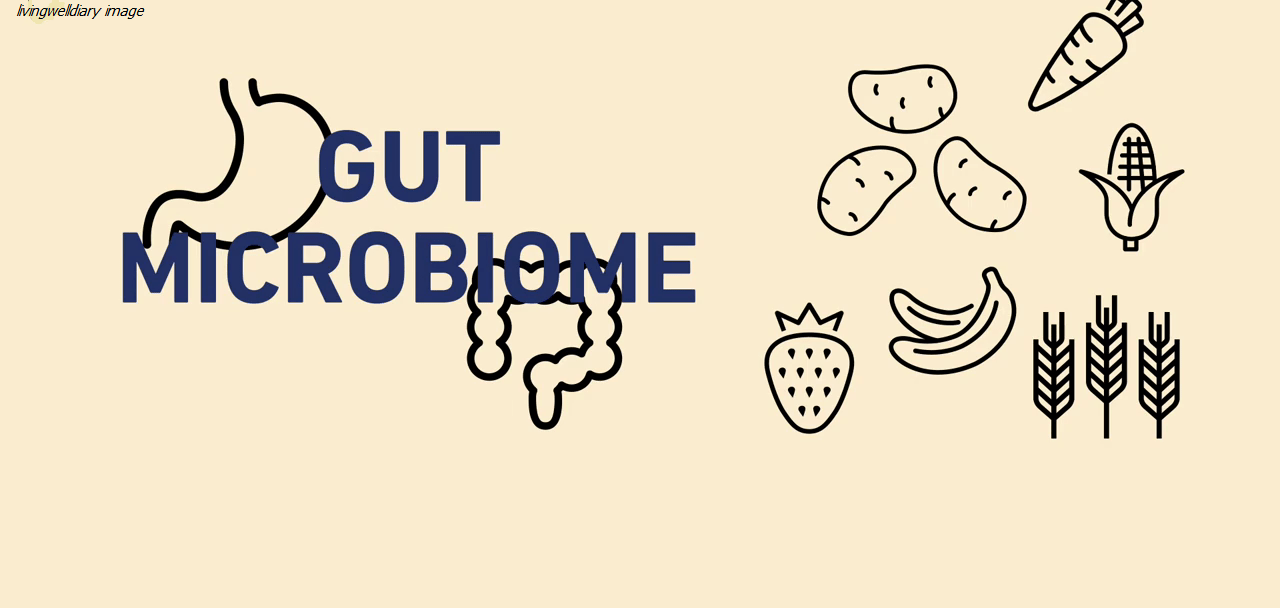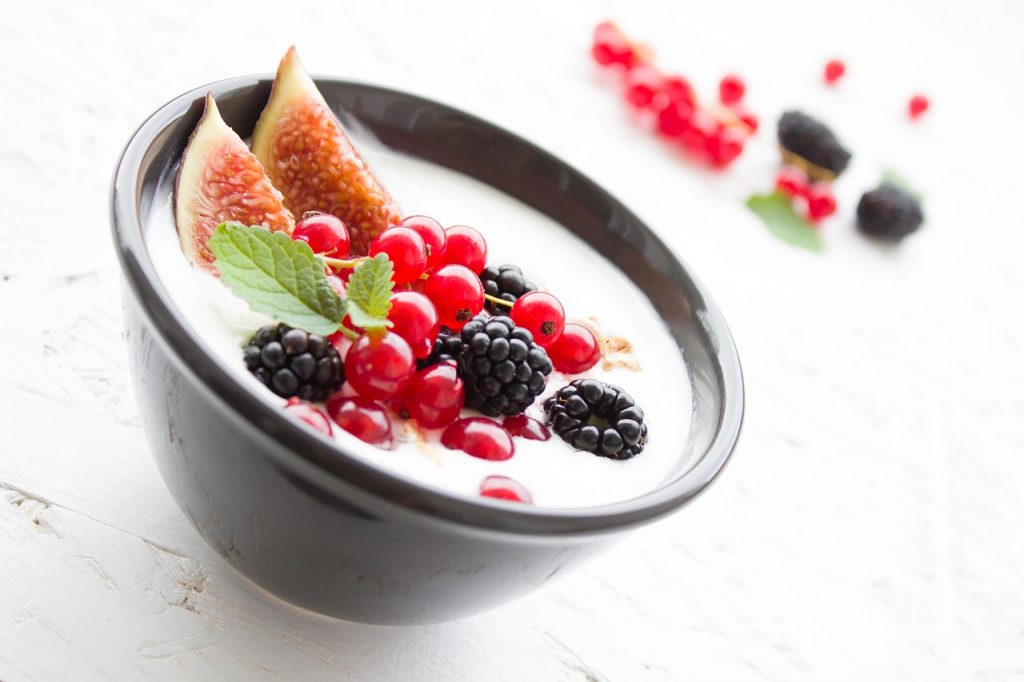
Your body is home to trillions of bacteria—roughly the same number as your body’s cells. Most of these bacteria are beneficial, playing a crucial role in digestion, physical health, and even mental well-being. Let’s dive deeper into the importance of these “good” bacteria and how they impact various aspects of your health.
The Gut Microbiome: Your Body’s Bacterial Hub
The gut microbiome refers to the ecosystem of bacteria living in your digestive tract. These bacteria break down food and convert it into essential nutrients for your body. Interestingly, they stop growing when food is scarce, maintaining just the right amount to keep things balanced.
Maintaining Equilibrium: Fighting the Good Fight
Beyond digestion, good bacteria in the gut also keep harmful bacteria in check. They multiply frequently, leaving little room for bad bacteria to thrive. A healthy gut maintains a state of equilibrium—a balance that promotes overall well-being.
What Happens When the Balance is Off?
An overgrowth of harmful bacteria can lead to digestive disorders, such as:
- Irritable Bowel Syndrome (IBS)
- Ulcerative Colitis
- Crohn’s Disease
Researchers are actively exploring new treatments targeting the gut microbiome to manage these conditions.
Gut Bacteria and Heart Health
Some gut bacteria are linked to heart disease. When you consume foods like eggs or red meat, specific bacteria produce TMAO (trimethylamine-N-oxide), a chemical your liver processes. High TMAO levels can contribute to cholesterol buildup in your arteries.
Scientists are investigating DMB (found in olive oil and grapeseed oil) as a natural way to reduce TMAO production and lower cardiovascular risk.
The Role of Gut Bacteria in Kidney Function
Excess TMAO can also harm your kidneys. People with chronic kidney disease (CKD) struggle to eliminate TMAO, which could further increase their risk of heart disease. Experts believe that elevated TMAO might even play a role in the development of CKD.
How Gut Bacteria Affect Your Brain
Your gut and brain communicate through complex signals. This interaction, known as the gut-brain axis, influences emotions, sensory processing, and cognitive function. An imbalance in gut bacteria has been linked to:
- Anxiety and Depression
- Autism Spectrum Disorder
- Chronic Pain
The Link Between Gut Bacteria and Obesity
Poor gut health can interfere with hunger signals, making it harder for your brain to recognize when you’re full. Some studies suggest that the pituitary gland, which regulates appetite, may affect gut bacteria balance. Researchers are exploring this connection to develop new treatments for obesity.
Can You Change Your Gut Bacteria?
Your gut microbiome starts developing at birth and evolves based on your diet and environment. Although some factors are predetermined, making dietary changes can shift your gut bacteria toward a healthier balance.
Probiotics: Adding Good Bacteria to Your Gut
Probiotics are live bacteria found in certain foods that complement the good bacteria in your gut. However, not all probiotics work the same way—each type has unique benefits.
How Probiotics Help:
- Strengthen the immune system
- Improve digestive health (especially for IBS)
- Ease allergy symptoms
- Assist with lactose intolerance
Since everyone’s microbiome is unique, the effectiveness of probiotics varies from person to person.
Sources of Probiotics
Look for probiotics in:
- Yogurt and aged cheeses (with live cultures like lactobacilli and bifidobacteria)
- Fermented vegetables (e.g., kimchi, sauerkraut)
- Pickled foods (e.g., onions, gherkins)
Prebiotics: Fuel for Good Bacteria
Prebiotics are dietary fibers that feed probiotics, helping them grow and thrive. They also enhance calcium absorption. Common sources include:
- Vegetables (artichokes, asparagus, onions, leeks)
- Fruits (bananas)
- Legumes (soybeans)
- Whole wheat products
Synbiotics: The Perfect Probiotic-Prebiotic Combination
Synbiotics combine probiotics and prebiotics to enhance the lifespan and effectiveness of good bacteria. Some easy synbiotic combos include:
- Bananas with yogurt
- Asparagus stir-fried with tempeh
Innovative Ways to Modify Gut Bacteria
Emerging treatments aim to reshape gut bacteria to improve health:
- Fecal transplants introduce healthy bacteria to treat conditions like C. difficile infections and ulcerative colitis.
- Deep Transcranial Magnetic Stimulation (dTMS) stimulates brain activity, influencing gut bacteria. This approach is being explored as a potential treatment for obesity.
Comments
Post a Comment